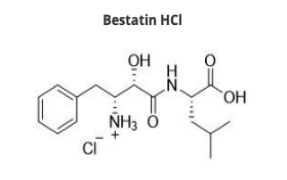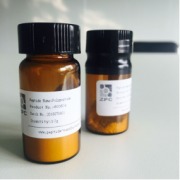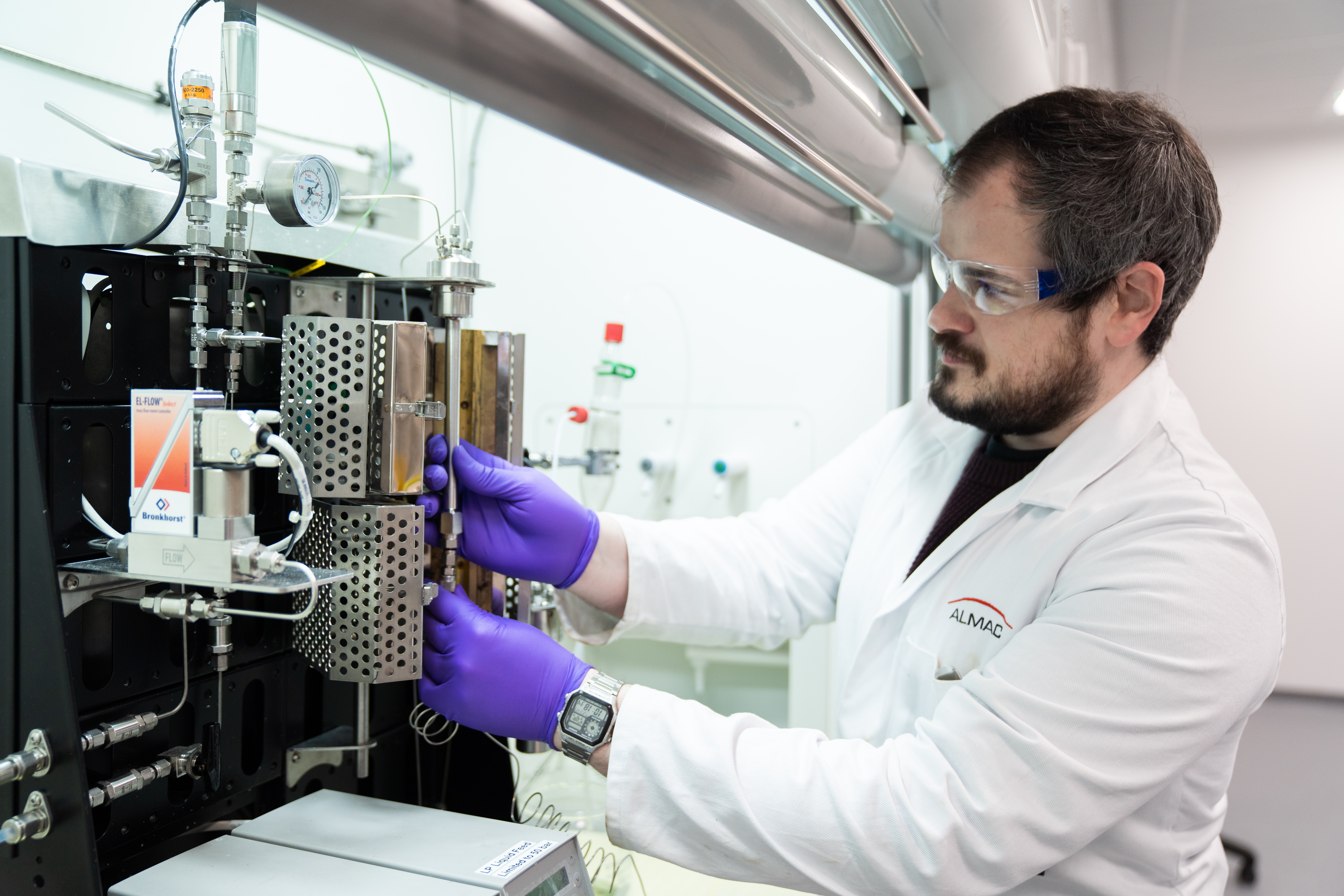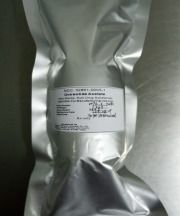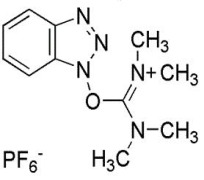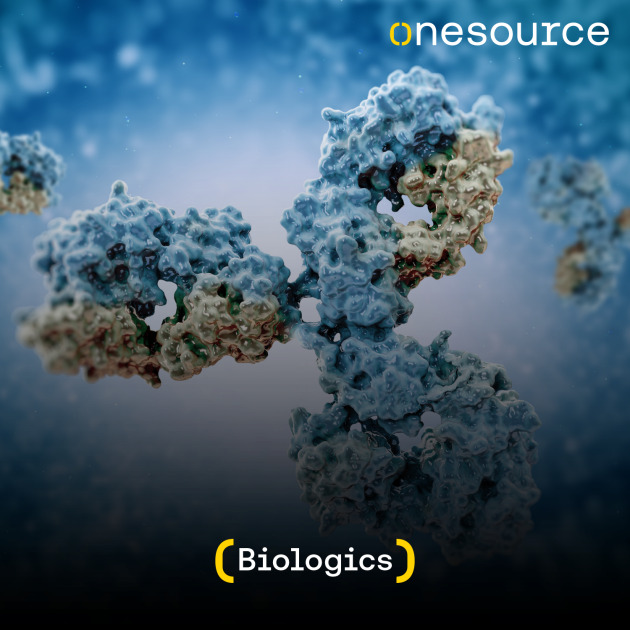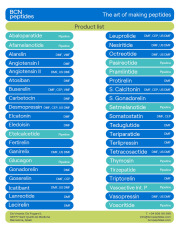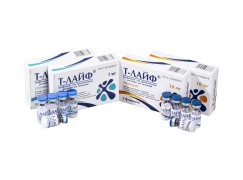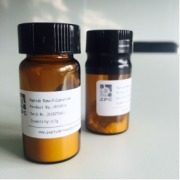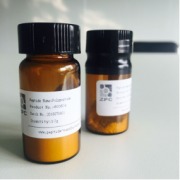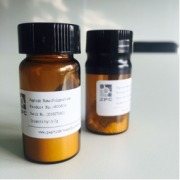Amastatin HCl - Protease Inhibitor
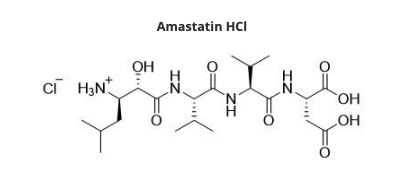
Product Description
quartett GmbH

-
DE
-
2022On CPHI since
-
2Certificates
-
1 - 24Employees
Company types
Primary activities
Categories
Specifications
quartett GmbH

-
DE
-
2022On CPHI since
-
2Certificates
-
1 - 24Employees
Company types
Primary activities
More Products from quartett GmbH (2)
-
Product Bestatin HCl - Protease Inhibitor
A reversible inhibitor of aminopeptidase enzymes. Inhibition by Bestatin correlates to apoptosis induction in oncogenic cells. Has antitumor properties. It showed no inhibition of aminopeptidase A, trypsin, chymotrypsin, elastase, papain, pepsin, or themolysin.Target: Leucine Aminopeptidase, Aminopept... -
Product E-64 - Protease Inhibitor
An irreversible, highly selective cysteine protease inhibitor. Shows no inhibition against serine proteases with an except of trypsin. Interacts with the Sn subsites of proteases. For in vivo studies the use of E-64 as a cysteine protease inhibitor is highly recommended because it has a specific inhibition...
Recommended Products
Recently Visited
Position your company at the heart of the global Pharma industry with a CPHI Online membership
-
Your products and solutions visible to thousands of visitors within the largest Pharma marketplace
-
Generate high-quality, engaged leads for your business, all year round
-
Promote your business as the industry’s thought-leader by hosting your reports, brochures and videos within your profile
-
Your company’s profile boosted at all participating CPHI events
-
An easy-to-use platform with a detailed dashboard showing your leads and performance

